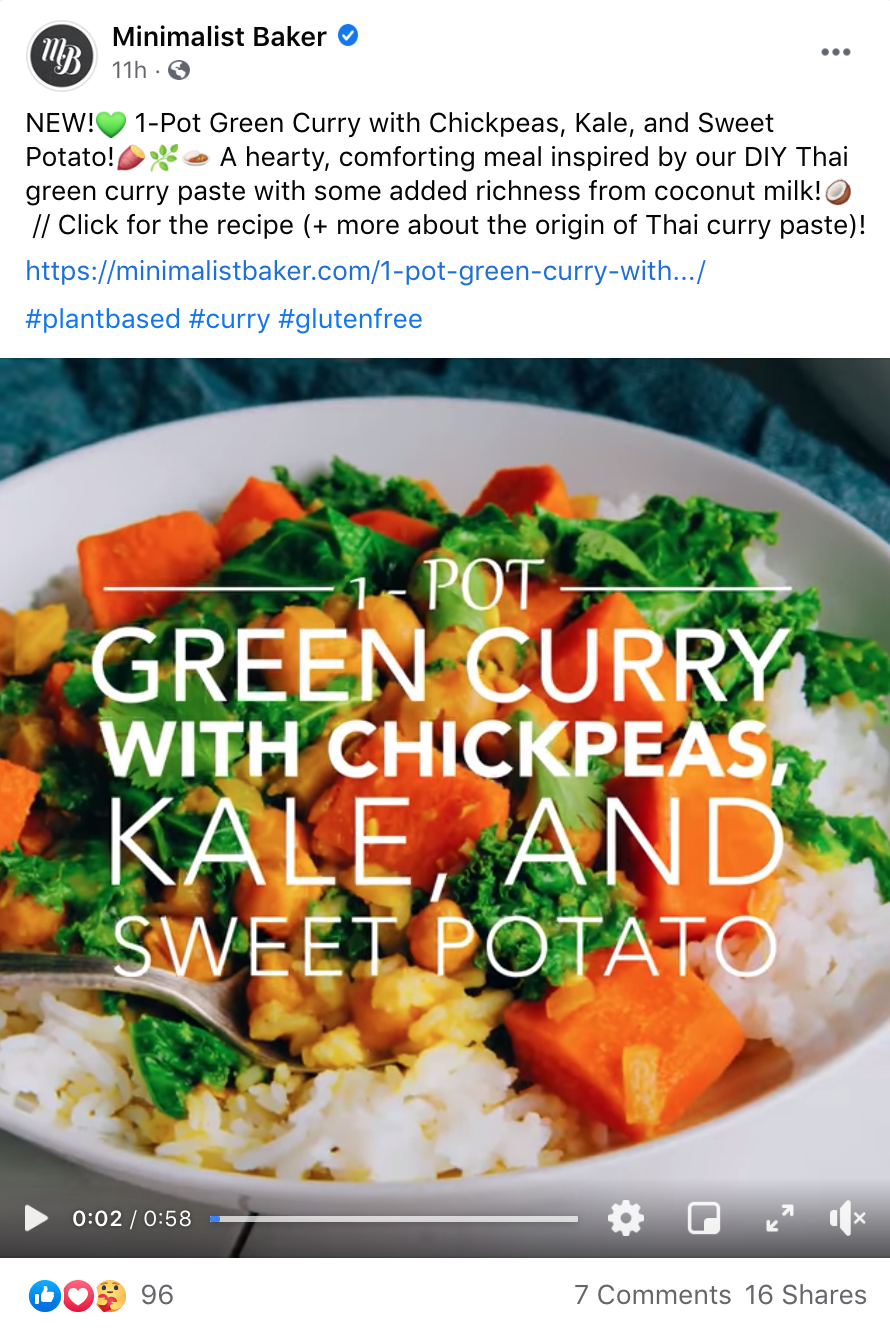
You’ve heard about both content marketing and digital marketing.
Is there any difference between them?
Which one is better?
How can you use both to sell online?
These are the questions we’re going to answer in this post.
Content Marketing vs. Digital Marketing: Comparison
Content marketing is a marketing technique focused on creating and distributing custom, consumer-focused content on a consistent basis.
It includes blog posts, ebooks, infographics, webinars, videos, and other content that can attract online customers and drive conversions.
Digital marketing is any form of online marketing method. Advertising delivered through such channels as web apps, social media, search engines, email, and websites is considered digital marketing.
The most important parts of digital marketing are:
- Digital devices – smartphones, laptops, and other devices people use to access the internet
- Digital platforms – online places where people see marketing messages (Google, Facebook, Instagram, etc.)
- Digital data – the insights that marketers collect about their customers – personal data, online behavior, interests, buying history, etc.
- Digital technology – marketing apps and tools people use to create smartphone apps, email campaigns, websites, etc.
So, this begs the question:
Is content marketing a part of digital marketing?
Yes.
Content marketing – blogging, social media posting, podcasting – is advertising online, essentially, so it fits the definition of digital marketing.
The difference, however, is that content marketing:
- Refers to specific types of content (blog articles, infographics, videos, etc.)
- Is focused more on building authentic relationships with customers and retaining them.
- Customer journey starts at a search result page only.
In turn, digital marketing is more about technology and promotion.
Unlike content that captures customers through search engines only, digital marketing also focuses on social media ads, Pay per Click (PPC) advertising, and SEO.
Content Marketing vs. Digital Marketing: Which Is Best For Your Business?
Content marketing is essentially a part of digital marketing, so you don’t have to choose one to use for your business.
In fact, you should try to integrate them.
Combining the two will only make your marketing strategy stronger and better positioned to generate conversions.
Content, for example, can make your digital marketing campaigns like ads more engaging. As a result, you can generate more brand awareness and sales.
That’s why let’s see how you can combine the power of content marketing with digital marketing.
How to Use Content and Digital Marketing
Content and digital marketing come together to generate customer engagement and sales in many ways.
Here are some examples.
1. Content Marketing and Social Media Ads
Businesses involved in content marketing produce blog articles. It’s the most common content type that offers decent opportunities to attract engagement and sales.
To promote blog articles, businesses often post them on social media.
Like in this post by a popular cooking blog Minimalist Baker. It advertises the latest article from the blog, combined with a quick video.
If you have been posting content like Minimalist Baker, you can take a look at what pieces generated the most engagement.
Those will be perfect candidates for promotion with PPC ads.
To create that campaign:
- Ensure that the content piece offers enough opportunities for conversion (CTA buttons, likes to landing pages, etc.)
- Write a compelling copy for PPC ads to convince more people to click them.
Run ads for a few pieces and see what happens. Ultimately, you’ll get a chance to increase the followership on your social media page and get conversions.
Tip: keep in mind that you can use PPC ads to promote any kind of content. In addition to articles, businesses try checklists, guides, and even interactive content like generators.
2. Content Marketing and SEO
SEO is an extremely popular digital marketing strategy, and for a good reason: Google is the place to sell online.
Here are the ways in which content marketing and SEO work together.
Improve Search Engine Position
A website without SEO is like a brick-and-mortar store without a storefront.
Content plays an important role here because it helps Google determine what the website is all about. Search engine crawlers “read” meta titles, meta descriptions, landing page texts, blog articles, and other content – all of this has to be prepared by content specialists and SEO folks together.
Digital Advertising with PPC
SEO and PPC can work with content marketing to help online stores outcompete others. Much like you do keyword research for content marketing, PPC allows you to publish ads for keywords of your choice.
This is an amazing opportunity.
For example, let’s suppose your website already ranks in the top three results for “virtual personal assistant.” In this case, you can place a bid for a paid ads campaign for those specific keywords.
As a result, you can get one more spot at the top of the search results page (in addition to your existing ranking). This means you double the chances of people searching “for virtual personal assistant” landing on your website.
Content will play a huge role in this process, too. No PPC ads, online review management, or any other tactic will save a website with poor content. Besides, it’s almost impossible to get to the top three Google results without investing in optimized content.
3. Content and Email Marketing
Email marketing is a digital marketing strategy that involves sending emails to customers and building relationships with them.
It’s also a perfect channel for doing some serious content marketing. With emails, you can reach customers directly, therefore, market your content more effectively.
We’ve all seen how they do it.
A business sends an email newsletter with tips, stories, guides – content that their subscribers are likely to find interesting.
This one’s an example of promoting blog articles. An effective email marketing strategy converts subscribers into loyal customers by supplying relevant SEO-optimized content.
But blog articles aren’t the only way to connect with subscribers.
A business that shares custom writing tips, for example, can use plagiarism detectors, grammar guides, and other tactics to engage recipients. All email links take them to websites, increasing traffic, conversions, and brand awareness.
4. Guest Blogging
Guest blogging is a process or writing and publishing content for another company’s website. It remains one of the best strategies for blog promotion and getting higher in Google results.
Guest blogging is also a perfect combination of content marketing and digital marketing. Here are the advantages of getting published on other websites:
- Expanding the reach of your content. More content means more exposure, social media likes, and awareness.
- Improve Google position. Google treats links from other websites as a sign of credibility and authority.
- Generate leads. Imagine if your business was promoted on a popular website with 100K monthly visitors? Linking to your website could bring a lot of potential leads.
Guest blogging works for many businesses, from business insurance to travel agencies – basically for every business that can sell online.
So, by combining quality content and the reputation of other websites, you can build brand awareness and generate leads.
5. Use Digital Ads to Inform Content Creation
Content marketing works when it attracts leads. For that to happen, you need to know which keywords your customers are using on Google.
When you conduct digital advertising campaigns, say, on social media or Google, you collect a lot of customer insights in the process.
For one, paid search campaigns generate search query reports. These are super valuable because they contain search queries that attracted your ads. You can see how people are using Google to search for products and services like yours.
Make sure to use these keywords in your content. They will help it rank higher, as you’ll be able to attract more attention from Google.
Content Marketing vs. Digital Marketing: Final Thoughts
Content marketing is a huge part of digital marketing.
There’s no really a way to use one without the other. While content marketing focuses more on engaging customers by providing value, digital content is concerned more with converting them with online advertising.
Your business surely needs both.







